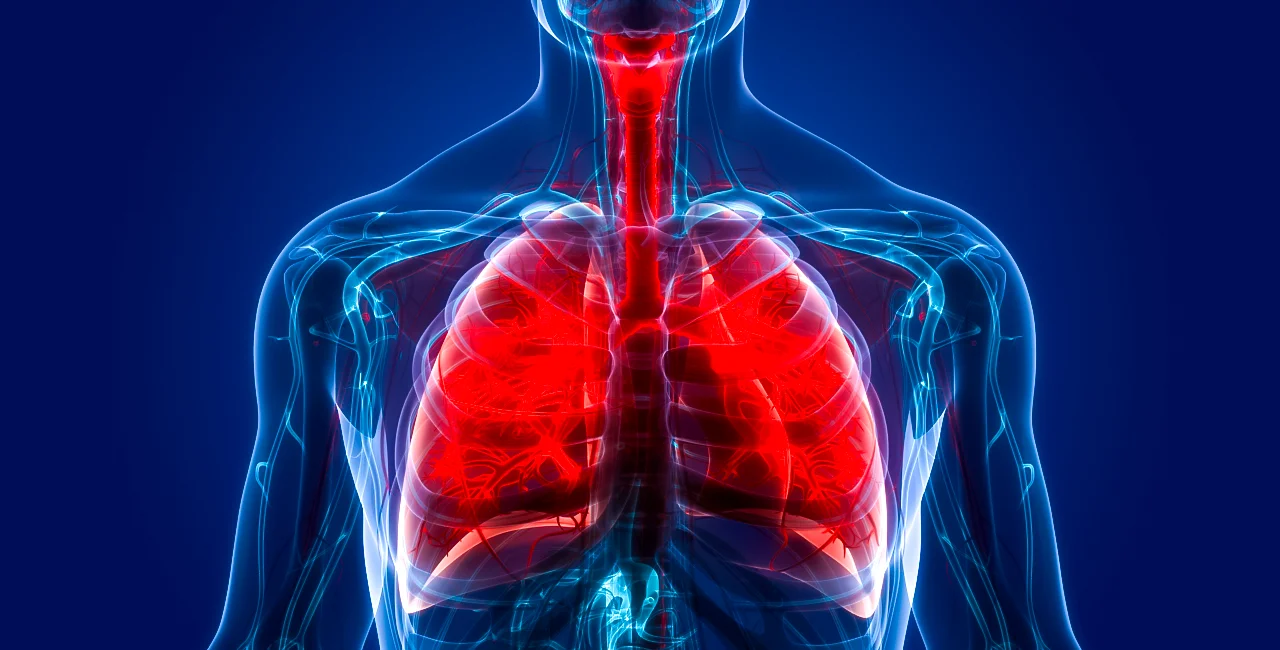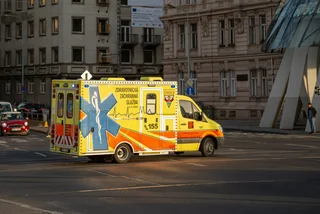At a press conference held by the State Health Institute (SZU) Thursday, officials reassured the public about the current surge in respiratory infections in the Czech Republic, particularly addressing concerns related to the strain of pneumonia which has recently led to higher child morbidity in China.
A rise in various types of viruses
Speaking to reporters, Dr. Helena Jiřincová of the SZU noted an uptick in respiratory diseases, including Covid-19 and flu, with a 9 percent increase in cases since last week. Additionally, concerns were raised about mycoplasma pneumoniae, prevalent in China, causing pneumonia and requiring longer antibiotic treatment.
Mycoplasma pneumoniae causes standard virus-like symptoms, such as inflammation of the upper respiratory tract, fever or muscle pain, and – in more serious cases – life-threatening pneumonia. Several countries in Europe, including Czechia, have reported cases of this type of virus. The Netherlands and Denmark are among those that have seen a spike in infections in recent weeks.
Official figures from the Health Ministry show that on Monday, Dec. 4 there were 3,483 newly reported incidences of Covid-19 – a sharp rise from the 859 registered cases on Monday, Oct. 2.
Despite the surge in cases, however, Dr. Jiřincová emphasized that the situation is not unusual compared to previous years, and there is no danger of a massive spread of mycoplasma pneumoniae in the Czech Republic.
Head of the Pulmonary Clinic at Hradec Králové Hospital Vladimír Koblížek confirmed in statement released by the Ministry of Health that antibiotics available in the Czech Republic are effective against this bacterium, and that its impact is generally mild, especially for asymptomatic individuals.
Super antibiotics to arrive in Czechia
Czechia has been dealing with a serious shortage of general antibiotics over the last 12 months – particularly for penicillin. However, it has recently sourced new batches and shipments that will protect against mycoplasma pneumoniae and other respiratory diseases until the end of winter.
According to Deputy Health Minister Jakub Dvořáček, the country has enough antibiotics to deal with the strain of mycoplasma pneumoniae bacterium. In a related development, however, the Czech Republic is taking proactive measures to address the rise in super-resistant bacteria.
"Given the fact that cases of super-resistant bacteria are beginning to increase dangerously and the causative agent of current pneumonia from China is also resistant to many antibiotics, we have arranged the supply of these special drugs at least through the European Office for Preparedness and Response to Health Emergencies," Dvořáček told Lidovky.cz.
The import of special antibiotics is designed to aid in complications arising from infections like the pneumonia outbreak in China. These specialized medications are expected to reach hospitals within six months.
Respiratory illness outbreak in Czechia: WHAT YOU NEED TO KNOW
- As the Czech Republic faces the dual challenges of rising respiratory infections and the threat of super-resistant bacteria, health officials urge the public not to panic.
- Despite the presence of mycoplasma pneumoniae bacteria, the numbers are normal for this time of year and a massive spread is not expected.
- Experts recommend vaccines for Covid, pneumococcal, and respiratory syncytial virus (RSV), especially for seniors.
- Enough antibiotics are available, Czechia has recently sourced new batches and shipments that will protect against mycoplasma pneumoniae and other respiratory diseases until the end of winter.
Experts appeal for continued vaccination
The Czech Health Ministry continues to assure the public that the rise in respiratory infections is not uncommon during the colder winter months. The ministry recommends all individuals receive Covid vaccinations (including booster shots) to protect against new strains of the virus, such as Omicron XBB.1.5.
Earlier this year, Health Minister Vlastimil Válek encouraged sick people to exercise caution by wearing face masks in public spaces and hand-washing regularly to help minimize the spread of respiratory diseases. Currently there is no obligation to self-isolate if infected with Covid-19, with the exclusion of healthcare workers in close contact with vulnerable people.












 Reading time: 3 minutes
Reading time: 3 minutes 





























